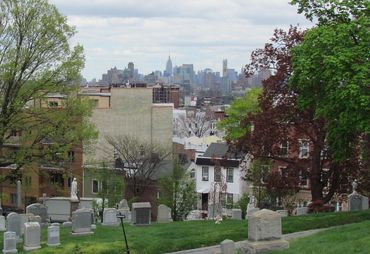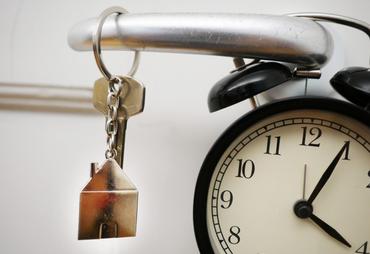Gus Waite, Managing Broker, Station Cities New York
The Rent Guidelines Board in New York City has approved a 3.25% annual increase for tenants in rent-stabilized apartments, effective October 1, 2022. According to The New York Times, the increase will impact up to 2 million renters in the city. The rent increase was approved to address the rising cost of goods and services to landlords for property improvements. In a very competitive New York housing market, tenants also are experiencing cost of living increases and many are concerned about the rent hikes: https://www.nytimes.com/2022/06/21/nyregion/new-york-rent-increase-stabilization.html
What are Rent Stabilized, Rent Controlled and Market Rate apartments?
Rent-Stabilized apartments make up 44% of the housing stock in New York City, and for any tenant, securing a lease in a rent-stabilized unit provides greater economic certainty since the rent increases are capped at regulated and disclosed rates. Rent Controlled apartments make up only 1% of the rental inventory and are the stuff of urban legends along the lines of “Grandpa has lived in a 5-bedroom apartment on Central Park West for 60 years and pays $275 in rent.” These apartments simply do not come on the market. The remaining 55% of rentable units in the city are leased at Market Rates and the landlord may increase the rent at whatever rate they believe they can secure at the time of lease renewal, with some minor restrictions on how much notice the landlord needs to give the current tenant before the new rate goes into effect.
What are the notice requirements for lease increases?
The landlord must notify the tenant of the increase as follows:
- If a tenant occupied a unit for less than 1 year, or has a lease for less than 1 year, then 30-day notice is mandatory
- If a tenant occupied a unit for more than 1 year, but less than 2 years, or has a lease term of at least one year but less than two years, then 60-day notice is mandatory
- If a tenant occupied a unit for more than 2 years, or has a 2-year lease, then 90-day notice is mandatory
In addition, landlords are required to offer you a renewal at the lease end for rent-stabilized apartments as long as you have satisfied all of the terms of the lease. Per local regulation, your rent increases will be capped in a rent-stabilized lease.If a landlord fails to provide the written notice in a timely manner to the tenant, the tenancy may continue at the current rate “from the date on which the landlord gave actual written notice until the notice period has expired.” A late notice does not mean that the tenant is allowed to renew the lease at the original rate, but only that they have the amount of time allotted by law before the new rate begins or they move out of the apartment should they choose not to renew at the higher rate. Depending on the timing of the notice from the landlord, it is possible the new higher rental rate will not begin on the day after the original lease expires.
Are rent-stabilized buildings an option for relocating employees?
Through our Station Cities agents, Dwellworks has access to all available rental units in New York City, including units in rent stabilized buildings. These buildings tend to be high-end, luxury doorman and elevator buildings with a limited number of rent stabilized units, allocated by law as a tax offset for the landlord/developer. As with all New York City rental real estate, demand for apartments in general currently exceeds supply and the majority of units available are not rent-stabilized. Renters should expect to pay market rates and to enter into leases with landlord-defined increases.




 Sign up today to get access to 1000's of homes we have available!
Sign up today to get access to 1000's of homes we have available!